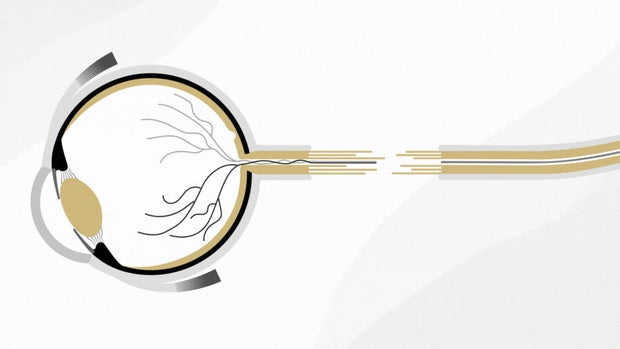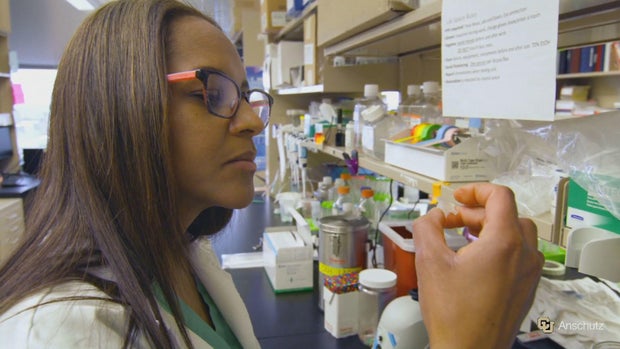Researchers at the University of Colorado Anschutz Medical Campus received up to $46 million in a grant to help develop an innovative treatment to cure blindness. The Advanced Research Projects Agency for Health award will allow researchers to make whole-eye transplantation a reality.
CU Anschutz
The goal is to restore vision to patients with total blindness, according to researchers. The grant will support the work of the Total Human Eye-allotransplantation Innovation Advancement project team led by CU.
“Currently, there has never been a successful whole human eye transplant for the restoration of vision,” said principal investigator and surgeon-scientist Dr. Kia Washington in a statement. “We believe the great advancements over the last two decades in technology, transplantation surgery, and regenerative medicine now make restoration of vision possible.”
The CU Anschutz team said it will begin with animal models on optic nerve regenerative strategies, immunosuppression, and post-operative care, with the goal of advancing to human trial studies.
CU Anschutz
“One of the most complex parts of the procedure is the successful reattachment of the optic nerve. Think of it as fixing a broken electrical connection so that signals from the eye can be transmitted to the brain,” Washington said in a statement. “Monitoring and aftercare are equally important to make sure the brain continues to receive the correct signals and is accepting the new eye.”
Washington said the techniques and advancements developed in the research could be used to treat blindness while offering new solutions for other neurodegenerative disorders that impact the central nervous system like spinal cord injuries or brain damage.
The project is in collaboration with several partners like Johns Hopkins University, the University of Wisconsin, Indiana University, and the National Eye Institute along with researchers at the University of Southern California and investigators at Cedars Sinai Medical Center.


